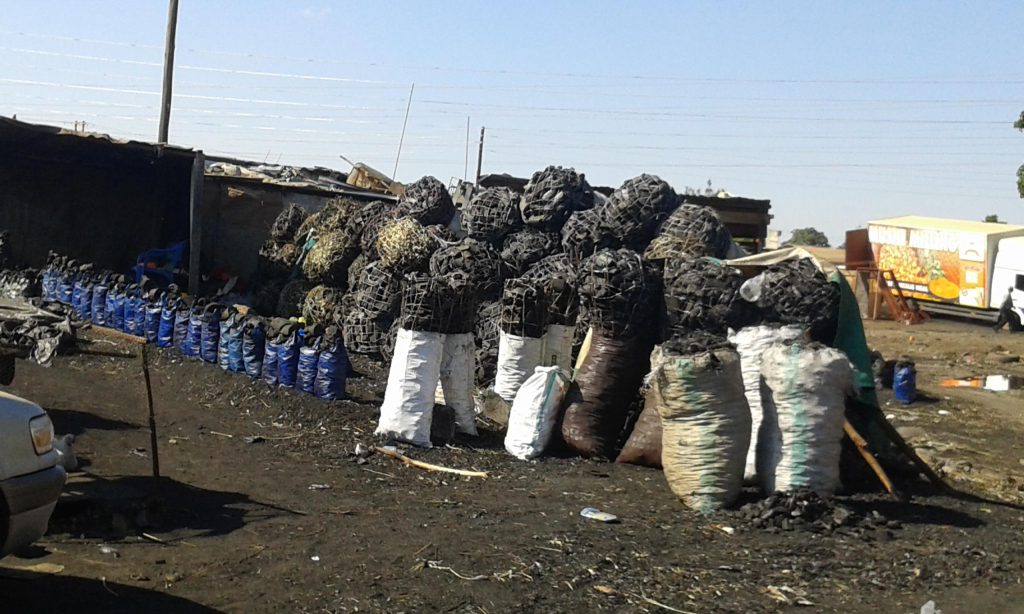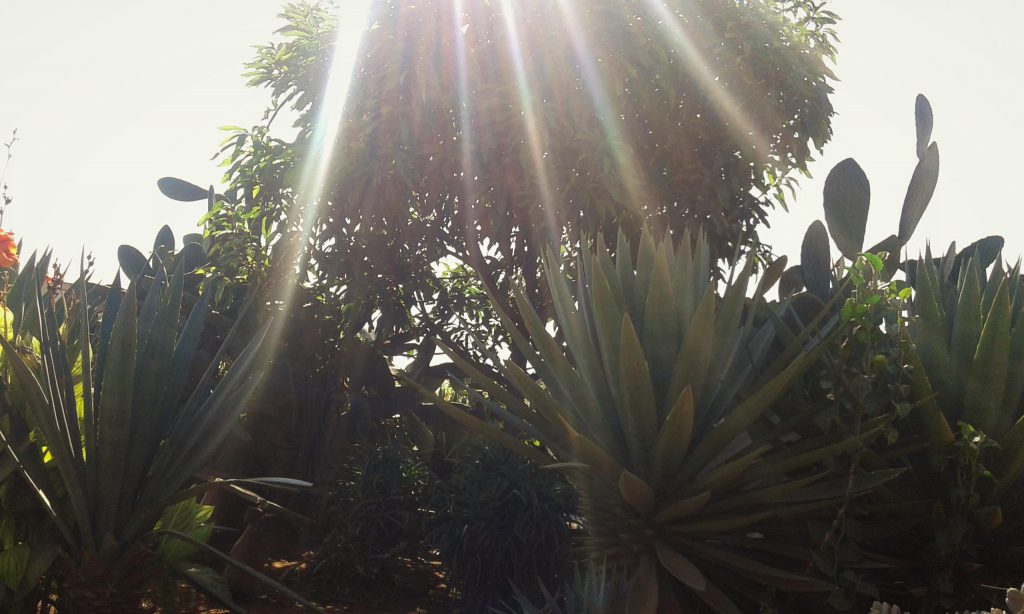 The year 1970 marked the beginning of something special – a generation that looked deep within itself and made a bold move of questioning the status quo regarding the way in which society perceived our natural environment. This culminated in the commemoration of World Earth Day that falls on 22 April every year. Forty-six years on, the spirit of that generation still resonates to remind us of the dynamic, complex and often fragile nature of our planet.
The year 1970 marked the beginning of something special – a generation that looked deep within itself and made a bold move of questioning the status quo regarding the way in which society perceived our natural environment. This culminated in the commemoration of World Earth Day that falls on 22 April every year. Forty-six years on, the spirit of that generation still resonates to remind us of the dynamic, complex and often fragile nature of our planet.
This year’s theme is Trees for Earth, a clarion reminder and call to action for different countries united under this common cause. For Zambia, like several countries in Southern Africa, this theme reminds us of the Energy-Water-Climate linkage that has manifested itself in several ways. The increasing population in urban and semi-urban areas in Zambia has resulted in heightened pressure on the government to provide electricity for its population, a demand which, for several reasons, it is often not able to meet. This has led to an increased dependency on charcoal as a source of energy. Retail selling points for charcoal are very common in many residential areas in Zambia.
This increased demand for charcoal has contributed to deforestation, which currently stands at 250–300 hectares of land cleared per year. Extraction of wood for fuel wood is listed as the fourth major driver of deforestation with annual consumption of fuel wood estimated at 0.25Kg in rural areas and 240Kg in urban areas. Deforestation is one of the major causes of climate change in Zambia and the effects are very tangible, with an estimated cost of US$4.3 billion over a ten year period (as of 2009).
 Although climate change has been found to impact the agricultural sector more in Zambia, due to the reliance on rain fed agriculture, hydro-power generation has also been affected. Currently, Zambia is experiencing up to eight hours of load shedding due to low water levels in the major water dams on the Kafue River and Zambezi River. The low rainfall in the 2014/2015 rainy season, attributed to climate change, has resulted in decreased energy generation: 540 megawatts compared to the total installation capacity of 920 megawatts at Kafue Gorge Dam. And so the saying goes: “If climate change is the shark, water resources are its teeth through which it attacks.”
Although climate change has been found to impact the agricultural sector more in Zambia, due to the reliance on rain fed agriculture, hydro-power generation has also been affected. Currently, Zambia is experiencing up to eight hours of load shedding due to low water levels in the major water dams on the Kafue River and Zambezi River. The low rainfall in the 2014/2015 rainy season, attributed to climate change, has resulted in decreased energy generation: 540 megawatts compared to the total installation capacity of 920 megawatts at Kafue Gorge Dam. And so the saying goes: “If climate change is the shark, water resources are its teeth through which it attacks.”
The result of this phenomenon is a vicious cycle in which countries such as Zambia find themselves intertwined in a complex web of challenges. Several efforts are been made to address these challenges. The United Nations Reducing Emissions from Deforestation and forest Degradation (UN-REDD) programme is being implemented to address the drivers of deforestation in Zambia. Tree planting programmes by government and non-state actors are being conducted in several deforestation hot spots around the country. Zambia is currently expanding and diversifying its energy mix to reflect more alternative solutions such as solar and other renewable energy options. And lastly, the country is in the process of establishing institutional structures for water resources management such as Catchment Management Councils and Water User Associations that provide a platform for various stakeholders to collectively manage and conserve water resources. In a small way, the spirit of Earth Day can still be said to live on.
Plant a tree today!
